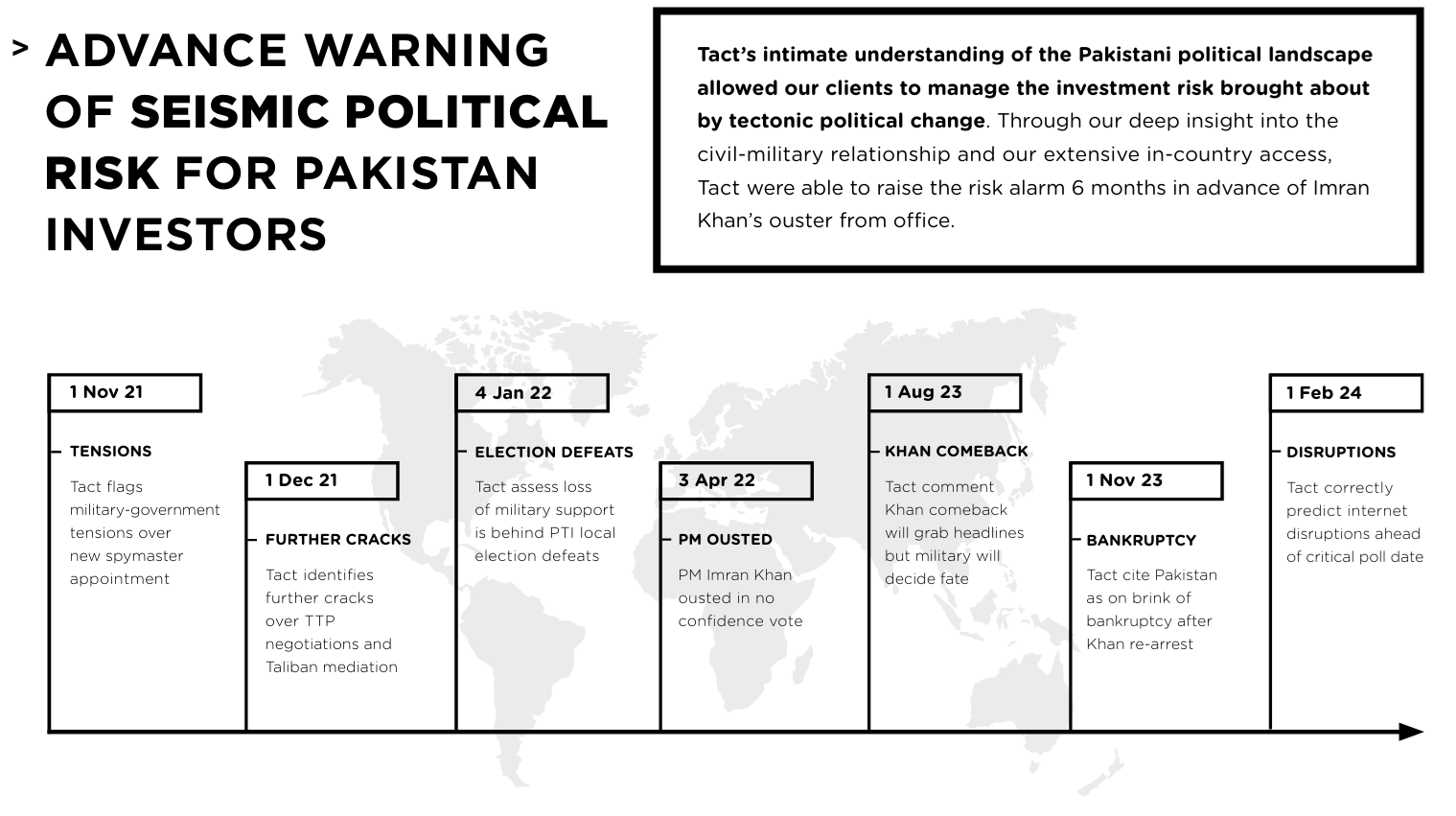
On 1st November 2021 we wrote to clients “The Prime Minister’s Office announced the appointment of Lieutenant General Nadeem Anjum as the new chief of the Inter-Services Intelligence (ISI)… The appointment comes after nearly three weeks of an alleged standoff between the military and the government over the appointment of Pakistan’s new spymaster. The army had announced on 6th October that the former ISI chief, Lt Gen Faiz Hameed, had been made the Peshawar corps commander, while Lt Gen Anjum was appointed in his place. But the Prime Minister’s Office (PMO) had not since issued an official announcement of Lt Gen Anjum’s appointment, leading to rumours of strains in civil-military relations. After days of speculations, on 12th October, Information Minister Fawad Chaudhry had said that the authority to appoint the ISI chief lay with the prime minister, and that the set procedure would be followed for the purpose.”
On 1st December we expanded on the deteriorating civil-military relationship. “Cracks are appearing. Elsewhere in the world this might not be an issue, but in Pakistan, this is a real concern… for PM Khan and the Pakistan Tehreek-e-Insaf [PTI – Khan’s political party], less so the military. The first crack appeared in September/October over the appointment of Lt Gen Nadeem Anjum as DG ISI. Now, with the TTP ceasefire… and impending Afghan Taliban-mediated negotiations, further cracks fragment the relationship. PM Khan, even before coming to power, advocated for negotiation with the TTP as the only solution to bring peace to Pakistan (and we are inclined to agree), but the Armed Forces oppose this and term it as unjust for the families of those martyrs that sacrificed their lives in the line of duty combatting terrorism… There may well be some martyr/ family focussed sentiment within the Army’s ranks but, more crucially, to the military mind the TTP are on the backfoot, their ability to strike from sanctuary across the border disappeared, and now is the time to crush them whilst their backs are to the wall of the Afghan border… Yet, the question of whether or not military action or dialogue are Pakistan’s best solution to the TTP problem is not the issue here, for neither can be achieved effectively if the civil-military relationship does not return to the health that we have witnessed for the majority of PM Khan and COAS Bajwa’s tenures. Don’t watch the TTP negotiations – watch Khan and Bajwa.”
On 4th January 2022 we explained that “The PTI suffered a humiliating defeat in the first phase of local elections in Khyber Pakhtunkhwa (KP) province.
KP is a traditional stronghold of the PTI and its defeat there has raised questions about the party’s prospects nationwide. Speculation is rife that this is the product of the PTI’s/Khan’s recent loss of the military’s support… if there is one thing that Mr Khan must do to ensure the PTI’ssuccess in future elections it is to renew and nurture his relations with COAS Bajwa et al.”
Pakistani opposition parties sensed blood in the water and on 3rd April 2022 Imran Khan was ousted from the position of Prime Minister via a vote of no confidence. In the months that followed he fought back, railing against both the opposition and against the military, even surviving an attempted assassination at one point. As we told clients on 1st April, just before Khan’s ouster, “Khan it seems, is yet another victim of the salient feature of Pakistani politics… the centrality and cruciality of maintaining the favour of the true holders of the reins of power in Pakistan… the military. The signs were there during the spat over whom should announce the appointment of the new DG ISI, and were evident again during the ceasefire and negotiations with the Pakistani Taliban, and at the time we commented that PM Khan must work hard to repair his relations with the military… or else.”
On 1st November 2023, we said, “Khan was arrested once again in October… He has [already] been found guilty in one corruption case. His sentence was 3 years in jail… his conviction now disqualifies him from seeking office.” We noted that Khan’s Pakistan Tehreek-e-Insaf party “is in pieces after having been effectively dismantled by the government and security forces.” We also said, “Pakistan’s political landscape is ever shifting but always within the same triangulated map points; Democracy, Theocracy, and Military Autocracy… Pakistan remains on the brink of bankruptcy both economically and electorally.”
Fast forward to polling day and mobile and internet services were shut down. Khan’s now banned political party candidates won the biggest number of seats but, as many were forced to run as independents, they could not form a government. Instead, Nawaz Sharif claimed victory but admitted that his party did not have the majority to form a government and was looking for coalition partners. Without Khan, the new parliament and government have little legitimacy and another vote will be required in the not-too-distant future to ensure a stronger more stable government. A split national assembly and weak government will play into the military’s hands. And just as we predicted, the country remains a militarily controlled state.

